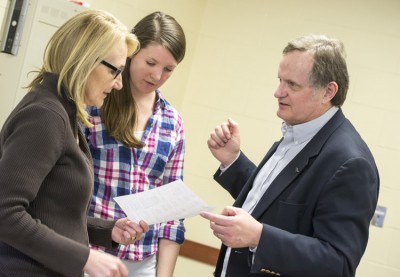
As excited as gifted and talented education Professor Del Siegle is about having the newly formed National Center for Research on Gifted Education (NCRGE) at UConn, he’s even more excited about what its researchers can achieve.
Chosen through a competitive selection process and authorized by the U.S. Congress-revitalized Jacob K. Javits Gifted and Talented Students Education Act, the Center was established at UConn in the fall of 2014 with a $2 million grant from the federal Department of Education’s Institute of Educational Sciences to be used over the next two years. If its researchers meet all their benchmarks, the NCRGE will receive $3 million more over three years.
“The only way our country is going to reach its full potential is if we help our children reach theirs,” says Siegle, NCRGE director and head of the Department of Educational Psychology at UConn’s Neag School of Education. “Anything less will lead to mediocre students and a mediocre country. Every student has the right to learn something new every day. Gifted students who aren’t challenged can actually regress and become underachievers, and bright students shouldn’t have to sit and vegetate while they wait for classmates to catch up.”
Providing schools with methods to help prevent these kinds of scenarios is one of the NCRGE’s goals.
A Nationwide Collaboration
Working collaboratively, NCRGE researchers from UConn, the University of Virginia, the University of California – Berkeley and Florida State University will spend the next five years examining how gifted and talented third- through fifth-graders in Colorado, Florida, and North Carolina are taught, paying particular attention to Latino and African students, as well as those living in poverty and other underserved populations.
The four universities proposed to establish the NCRGE and conduct the work together, with Siegle serving as principal investigator. Co-principal investigators from UConn’s Neag School include professors Betsy McCoach, E. Jean Gubbins, and Jonathan Plucker, as well as assistant professors Bianca Montrosse-Moorhead and Christopher Rhoads.
“The only way our country is going to reach its full potential is if we help our children reach theirs.”
—Professor Del Siegle, gifted and talented education,
Neag School of Education, and director of NCRGE
UConn co-investigators are Catherine Little, Neag associate professor in educational psychology, and Joseph Renzulli, who in 1990 established the first national gifted and talented education center and is recognized internationally as a pioneer in the field.
“Because of the dedication and work of the Neag School’s extremely talented faculty, a national center for gifted education has never been located anywhere but UConn,” Siegle added.
Co-principal investigators from partner universities include Carolyn Callahan from Virginia, Frank Worrell from Berkeley, and Yaacov Petscher from Florida State.
Getting Results
“Studies focused on mathematically precocious youth have provided us with important information about gifted students in this discipline, but we know relatively little about the full spectrum of children and adolescents classified as gifted,” says Worrell, faculty director of Berkeley’s Academic Talent Development Program. “We also need real data; concrete research on best practices that we can use to encourage policymakers to provide appropriate resources for these outstanding children and adolescents. Right now, this area is rife with speculation, but short on data and evidence.”
Evidence gathered from the NCRGE project’s testing sets, classroom visits, and other means will be used to determine not just how to best teach and support gifted and high-potential students, but to keep them performing at high levels from year to year. The results will be documented as best practices models for all schools in the U.S. to use, which Siegle sees as especially important.
“Most states, like Connecticut, require that schools identify gifted students. But not every state requires that these students receive additional services,” he says. “Our hope, as leaders in the field, is to show states and schools why gifted services are so important, how to identify students who need them, and then how to implement and sustain them. It’s a daunting role, as well as a great honor.”
Petscher, associate director of the Florida Center for Reading Research, says he is particularly excited –and confident – about the “confluence of skill sets” and wide-ranging expertise of those involved.
“The opportunity to collaborate with so many smart people is always a joy to me in my work,” Petscher says. “There are so many exciting elements to this project.”
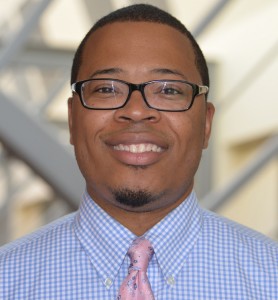

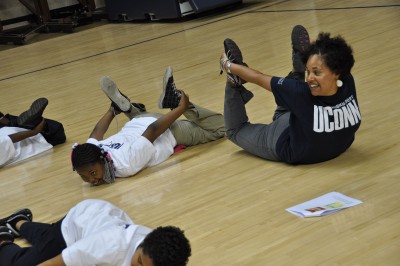
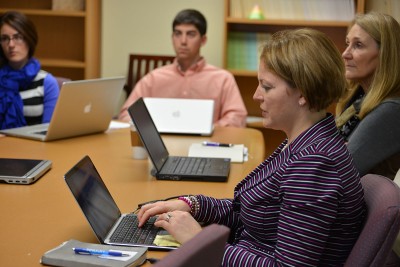

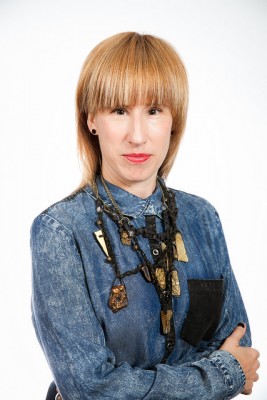
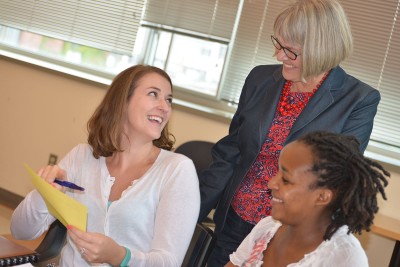
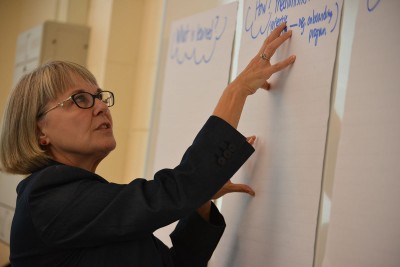 Q: Outside teaching, what are your top research plans?
Q: Outside teaching, what are your top research plans?